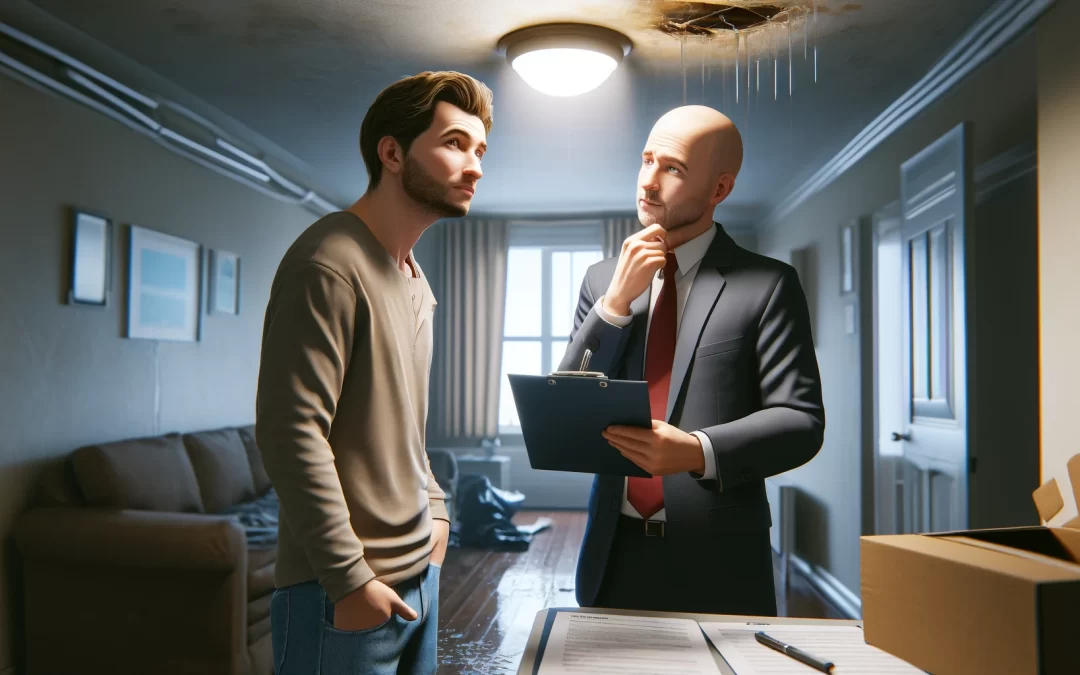As a tenant, you rely on your landlord to maintain a safe and habitable living environment. When issues arise in your rental property, such as a leaky roof, malfunctioning plumbing, or pest infestations, it’s essential to understand your rights and the landlord’s repair responsibilities.
By knowing your rights and legal options, you can ensure that habitability standards are upheld in your rental home and address any maintenance issues effectively.
Understanding Habitability and the Landlord’s Duty
Habitability is a crucial concept in landlord-tenant law, requiring landlords to maintain rental properties in a safe and livable condition. Landlords have a legal duty to ensure that rental units meet basic habitability standards, including providing adequate heating, plumbing, and electrical systems, as well as addressing structural defects and pest infestations.
When habitability issues arise, landlords are responsible for promptly addressing the problem and making necessary repairs to maintain habitable living conditions for tenants.
Reporting Habitability Issues to Your Landlord
If you encounter habitability issues in your rental property, it’s important to report them to your landlord as soon as possible. Contact your landlord in writing to notify them of the problem and request that they address it promptly.
Be specific about the nature of the issue and the potential health and safety risks it poses. By documenting your communication with your landlord, you can create a record of your efforts to address the habitability issue and protect your rights as a tenant.
Landlord’s Obligations for Repairs
Under landlord-tenant laws, landlords are typically required to make repairs within a reasonable timeframe after being notified of the issue. The specific timeframe may vary depending on the severity of the problem and the laws in your jurisdiction.
Landlords must ensure that repairs are made by qualified professionals and that they comply with all applicable building codes and regulations. If the landlord fails to make necessary repairs within a reasonable timeframe, tenants may have legal options available to enforce their rights and compel the landlord to fulfill their repair responsibilities.
Legal Recourses for Tenants
Tenants have legal recourses available to them if their landlords fail to address habitability issues or make necessary repairs in a timely manner. One option is to withhold rent until the repairs are made, known as the “repair and deduct” remedy.
However, tenants must follow specific legal procedures and ensure that the repairs are necessary to maintain habitability. Another option is to file a complaint with the relevant housing authority or agency, alleging habitability violations by the landlord. These agencies may investigate the complaint and take enforcement action against the landlord if warranted.
Seeking Legal Assistance
When facing habitability issues and repair disputes with your landlord, seeking legal assistance from a tenant rights attorney can be invaluable. An attorney can review your lease agreement, assess the severity of the habitability issue, and advise you on your rights and legal options.
They can also communicate with your landlord on your behalf, negotiate settlements, or represent you in court if necessary. Understanding when to involve a tenant rights attorney can help you assert your rights as a tenant, enforce habitability standards, and seek remedies for any damages or losses suffered as a result of the landlord’s failure to make necessary repairs.
Documenting Evidence
Documenting evidence is crucial in proving habitability issues and supporting your legal claim against your landlord. Keep records of any communication with your landlord regarding the habitability issue, including written notices, emails, or text messages.
Take photographs or videos of the habitability issue, including any damage to the property or safety hazards. Additionally, keep copies of any documentation related to the repair issue, such as repair estimates or invoices. Documentation strengthens your case and increases your chances of success in resolving the repair dispute.
Protecting Your Rights as a Tenant
Habitability issues can significantly impact your quality of life as a tenant, but you don’t have to face them alone. By knowing your rights and legal options, you can hold your landlord accountable for maintaining a safe and habitable living environment in your rental home.
Whether it’s reporting habitability issues, seeking legal assistance, or enforcing your rights through legal means, tenants have options for addressing repair disputes and ensuring that habitability standards are upheld. Remember, you have the right to live in a safe and habitable rental property, and landlords have a legal duty to fulfill their repair responsibilities.

